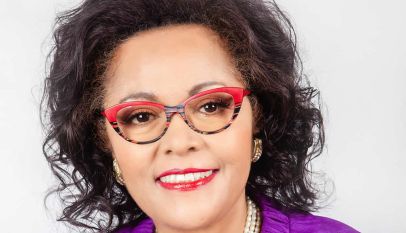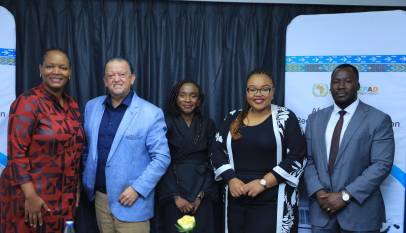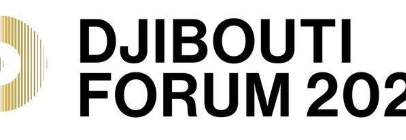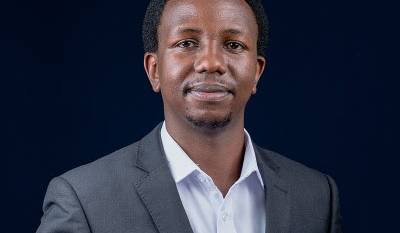Day People with Disabilities (PwDs) decried discrimination, exclusion

Ending stigma and discrimination against PwDs as well as achieving social inclusion are crucial for the successful realization of “Leaving no one behind,” one of the key themes of the United Nation’s Sustainable Development Goals (SDGs)
People with Disabilities (PwDs) in Sumaila Local Government Area of Kano state, northwestern Nigeria, have decried their neglect and exclusion in governance processes.
The PwDs spoke during an event organized to commemorate the 2016 United Nation’s International Day of People with Disabilities by the Mobilising for Development (M4D) program of the UK’s Department for International Development (DFID) which was held recently in Sumaila town.
The disabled people are members of the Joint National Association of People with Disabilities (JONAPWD); an umbrella body of all associations (clusters) of Disabled People’s Organizations (DPOs) as well as civil society organizations working on disability issues in Nigeria.
The program which brought together PWDs from across Sumaila LGA was aimed at creating awareness on the challenges being faced by disabled people and provided them (PwDs) the opportunity to interact with policymakers and articulate their challenges and demands to them towards ensuring inclusiveness in governance in the community.
Speaking on behalf of the members of the Joint National Association of People with Disabilities (JONAPID) in Sumaila, Basiru Ya’u, said although they are skillful and could contribute meaningfully to societal development, PWDs were rarely giving the opportunity to participate in governance processes and were therefore being excluded from benefitting from employment and empowerment opportunities, as well.
“Although we have skills that many able people don’t have we are being excluded in all government programs including economic empowerment programs. For example, I can use typewriter and also have computer skills. How many able people out there do not have these skills?”
The world over, December 3 of every year is being commemorated as International Day of Persons with Disabilities. The day “aims to promote an understanding of disability issues and mobilize support for the dignity, rights and well-being of persons with disabilities. It also seeks to increase awareness of gains to be derived from the integration of persons with disabilities in every aspect of political, social, economic and cultural life.”
It would be recalled that The Convention on the Rights of Persons with Disabilities, which is an international human rights treaty of the United Nations that aims to protect the rights and dignity of persons with disabilities, was adopted by the UN General Assembly in December 2006.
Among others, the convention provides for People with Disabilities (PwDs) the rights to health, vote, and education, access to justice, as well as adequate standard of living and social protection.
Ending stigma and discrimination against PwDs is as well believed to be crucial for the successful realization of “Leaving no one behind” which is one of the key themes of the United Nation’s Sustainable Development Goals (SDGs).










